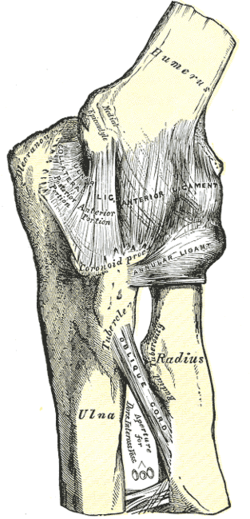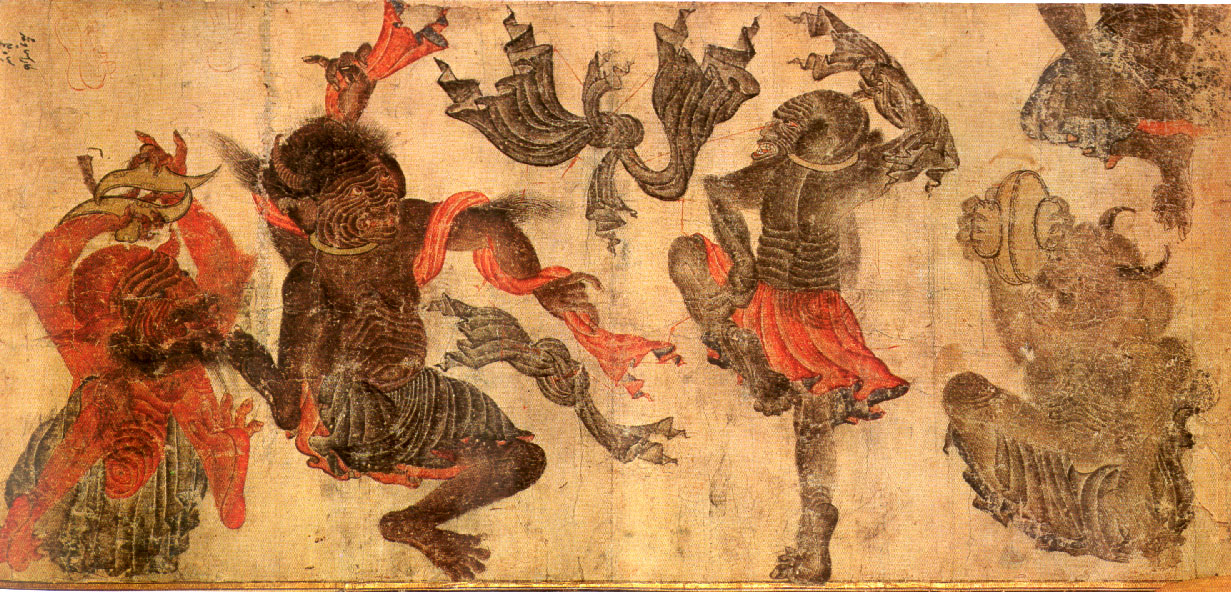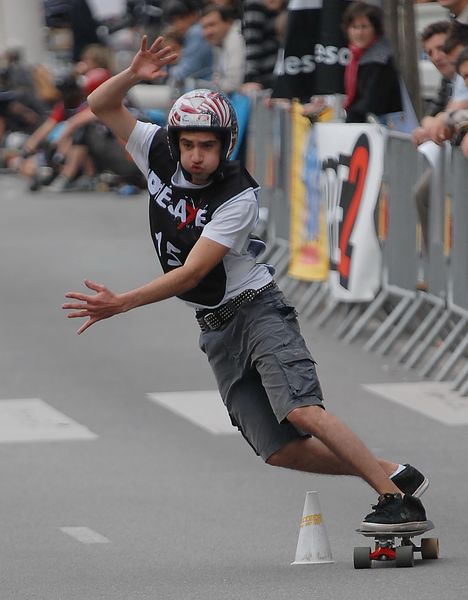Yelp* Reviews
/ A few years ago some inexperienced internet people came up with a great idea. They created a search-able review site for local businesses called Yelp*. Any business owner could list and describe their business and anyone else could write a review about it. Brilliant, they should have become billionaires by now.
A few years ago some inexperienced internet people came up with a great idea. They created a search-able review site for local businesses called Yelp*. Any business owner could list and describe their business and anyone else could write a review about it. Brilliant, they should have become billionaires by now.Would that it were.
Yelp(ers) were the first people to get a site up and running, and they quickly cornered the niche, but they have had such poor business sense that years later they are still having problems.
First of all let me encourage you all to check it out. Secondly, if you've ever studied with me please write me a review. Lots of people in San Francisco use Yelp* to decide what businesses to patronize.
But...be forewarned...(because they won't tell you) if you only review one business or service, they will erase your review after a few days. Why? Because they are loony. They have some theory about the ethics of single-reviews. Whatever, if you take the time to write me a review (for which I will be deeply appreciative) also write one about a sushi restaurant, or a bed and breakfast, or a dentist.
I first found out I was dealing with amateurs three years ago after I wrote a review of Mao's Village Restaurant, which used to be an annoyance around the corner from my house. The next day I got a call from a guy at Yelp* who sounded like he rides his skateboard to work (nothing at all against skateboards, he just sounded young and unprofessional). We talked for about half an hour. His reason for calling me was that he didn't think I had actually eaten at the restaurant, which was true and obvious from my review. I commented on the Chang Kai-Shek's Wife's Chicken on the menu as well as many Mao and Zhou Enlai references that just made me think about starving babies. I mean would you buy an oven from a store called Hitler's Stoves? I commented about the mess around the cash register and the fact that hardly anyone ever eats there. In fact, I was pretty sure that it was a mafia money laundering scheme. A restaurant which has no customers can invent cash receipts, then pay taxes on them, which makes the money clean. The only people I ever saw in there were partying and drinking whiskey late at night.
Anyway, they took my first review down off the site.
Then, last year they called me to say I had some pretty glowing reviews, perhaps I would like to have my business moved to the top of the search for a fee of $300 a month. They worked really hard to sell me on this, obviously having no idea how my business works. I mean, look, if I was in a competitive business like a restaurant, and I had 20+ customers a night, $300 might look like a good price. But heck, I'm happy if I get 2 new students a month! Their business model made no sense at all.
So just the other day I (and nearly every small business person I know) got this message from Yelp*
Hello,
I'm writing to let you know about our decision to close your account. Your user account was flagged by the Yelp community, and our Customer Service team has determined that your account has violated Yelp's Terms of Service (http://www.yelp.com/static?p=tos).
Specifically, the Terms of Service state that:
> "You shall not: create user accounts by automated means or under false or fraudulent pretenses."
We have determined that you have been using Yelp to improve your business' and your friends'/other small business owners' ratings on Yelp through review trading. We have determined that review trading does not reflect unbiased customer opinions which violates the spirit of Yelp.
We review every situation with detail and care and take account closure very seriously.
Regards,
Kris
Yelp Inc. User Support
San Francisco, California.
Did you notice that Kris spells his name like the spirit capturing daggers of Indonesia?
Don't worry, they didn't take down my business description itself, just the reviews I had written for others and my personal ability to comment on other people's businesses--Oh, and all of the reviews people had already posted about me, except for one.
See, by Yelp* Logicâ„¢, if I write a review for someone in my business network it must be fraud! Thus all my students and former students who have their own businesses are automatically disqualified from sharing their opinions because they might be biased in my favor.
Get a clue Yelp*! The majority of my clients/students run small or even one-person businesses. This is San Francisco! A whole host of technologies, starting with the answering machine and now including Yelp*, have made it possible for individuals to run their own businesses. The possibility of the one-person business is the greatest single institutional change in the direction of freedom in my lifetime.
I was prepared to ignore the whole thing and move on but then this article made it into the San Francisco Chronicle, and someone started up a site called Yelp-Sucks.com
Sweet.
UPDATE: My honey tells me that not only do you have to review some other business in addition to mine, you also have to add a picture--otherwise they'll just toss your review in the cyber-trash.

 People sometimes achieve very high level martial arts by accident. Accidents happen when we aren't paying attention, so they are often effortless.
People sometimes achieve very high level martial arts by accident. Accidents happen when we aren't paying attention, so they are often effortless. Why are accidents so potent? Have you ever seen that style of both Chinese and Japanese painting which begins by spilling the ink on the paper?
Why are accidents so potent? Have you ever seen that style of both Chinese and Japanese painting which begins by spilling the ink on the paper? Yes, I saw it. I'm a very easy reviewer when it comes to anything with kung fu in it. I liked it. If you have a child or two to take with you as an excuse, definitely go see it! It's fun--even if the sweet parts are really too sweet for anyone over age eight.
Yes, I saw it. I'm a very easy reviewer when it comes to anything with kung fu in it. I liked it. If you have a child or two to take with you as an excuse, definitely go see it! It's fun--even if the sweet parts are really too sweet for anyone over age eight. Taijiquan is often said to be the combination of the movements of a crane and the movements of a snake. I haven't had a lot of time to observe cranes but there are some
Taijiquan is often said to be the combination of the movements of a crane and the movements of a snake. I haven't had a lot of time to observe cranes but there are some  Is push-hands a fight to the death or an intimate bonding experience where you try to get your partner to blush?
Is push-hands a fight to the death or an intimate bonding experience where you try to get your partner to blush? It seems like I'm surrounded by people doing various things they call a seasonal liver cleanse. Inevitably these people are thin. The project varies from simply taking a purgative every other day for a week, to not eating for 10 days.
It seems like I'm surrounded by people doing various things they call a seasonal liver cleanse. Inevitably these people are thin. The project varies from simply taking a purgative every other day for a week, to not eating for 10 days. It's not the season's fault that people have problems, and it is not really the type of food or how much. The problem is that people want to stay up late, they skip their afternoon naps and party right on through.
It's not the season's fault that people have problems, and it is not really the type of food or how much. The problem is that people want to stay up late, they skip their afternoon naps and party right on through. organs can function as a government, the heart/mind is the Emperor, the lungs are the chief ministers, the spleen is in charge of ordering, logistics, "ways & means", and the liver is the general, in charge of delivering blood to the troops and mustering them to action.
organs can function as a government, the heart/mind is the Emperor, the lungs are the chief ministers, the spleen is in charge of ordering, logistics, "ways & means", and the liver is the general, in charge of delivering blood to the troops and mustering them to action.
 Whenever I size someone up, of course I look at the usual stuff: their alignment, do they look weak in some areas and stronger in others? what kind of reach do they have? but the big question is, could they do something to me that would hurt more than falling off my skateboard at 30 miles an hour onto the pavement and then sliding to a stop?
Whenever I size someone up, of course I look at the usual stuff: their alignment, do they look weak in some areas and stronger in others? what kind of reach do they have? but the big question is, could they do something to me that would hurt more than falling off my skateboard at 30 miles an hour onto the pavement and then sliding to a stop? hill it looks like he or she is leaning forward and back. Actually what happens is the instant one moves their weight to one side of the board, the board starts turning to come underneath the weight. This creates first a feeling of heaviness as your weight goes into the board, and then a feeling of lightness as your forward momentum takes you over to the other side of the board. As your weight crosses the centerline you feel weightless for a moment and then you come down heavy on the other side of the board as it turns again.
hill it looks like he or she is leaning forward and back. Actually what happens is the instant one moves their weight to one side of the board, the board starts turning to come underneath the weight. This creates first a feeling of heaviness as your weight goes into the board, and then a feeling of lightness as your forward momentum takes you over to the other side of the board. As your weight crosses the centerline you feel weightless for a moment and then you come down heavy on the other side of the board as it turns again.